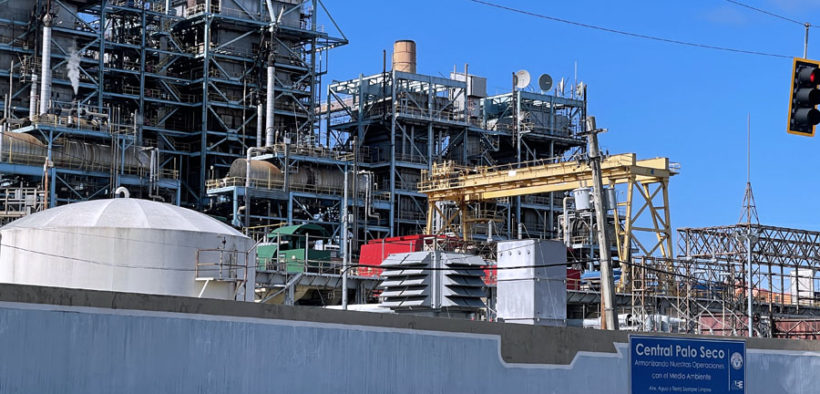CNE: ‘Romantizing’ the old PREPA would be a mistake

The recent malfunctioning of the Puerto Rico Electric Power Authority’s (PREPA) system — which have prompted ongoing rolling blackouts — is the result of decades of mismanagement of the public corporation, so “romantizing” it now would be a mistake, says an analysis released by the Center for a New Economy (CNE).
But while blaming PREPA does not exonerate LUMA Energy, which now operates the utility’s transmission and distribution system, the latter had about a year to prepare to take over those duties and “its performance so far has been, in the best case, deficient, and in the worst, dismal,” according to the analysis authored by Sergio M. Marxuach, CNE’s policy director.
While LUMA takes over its share of responsibilities, PREPA is still responsible for the operation and maintenance of the generation fleet.
“Given the complicated character of this relationship, we suspect that the recent rolling blackouts are as much a function of a decrepit generation fleet and an unstable transmission and distribution grid as of a series of coordination failures between PREPA and LUMA,” said Marxuach.
He said the implementation of an effective public energy policy should pave the way to leave behind the current crisis.
He emphasized that the transition to renewable generation must continue. The generation of electricity using renewable sources protects both the environment, by lowering emissions of greenhouse gases, and consumers, by stabilizing the price of electricity.
“It’s not true that electricity from renewable sources is always more expensive than electricity generated with traditional fuels. The technology for solar and/or wind generation in combination with battery storage has developed significantly during the last few years, in some cases approaching the costs of natural gas generation,” he said.
Furthermore, to properly compare costs between one kind of generation and another, it is necessary to add the cost of the environmental and health damages caused by fossil fuel generation. Adding in the costs of these negative externalities almost always reveals that fossil generation is costlier than initially thought.
The imposition of a carbon tax is one of several policy alternatives to force polluters to internalize the cost of these negative externalities they impose on society at large, he said.
Finally, it is imperative that the government agencies in charge of implementing energy policy in Puerto Rico have the necessary resources to execute their respective missions: the Puerto Rico Energy Bureau to regulate rates and promote long-term planning for the system; the P3 Authority to effectively monitor and robustly enforce the operations and management agreement with LUMA; and PREPA to adequately coordinate the day-to-day operation of the generation system.
According to the analysis, it will take about 10 years to upgrade the transmission and distribution system, with or without LUMA.
“This task is exceedingly complex and expensive. And there are no shortcuts. The modernization of the generation fleet will also take several years, be it with additional natural gas capacity, increased generation from renewable sources, or a combination of both,” Marxuach said.














